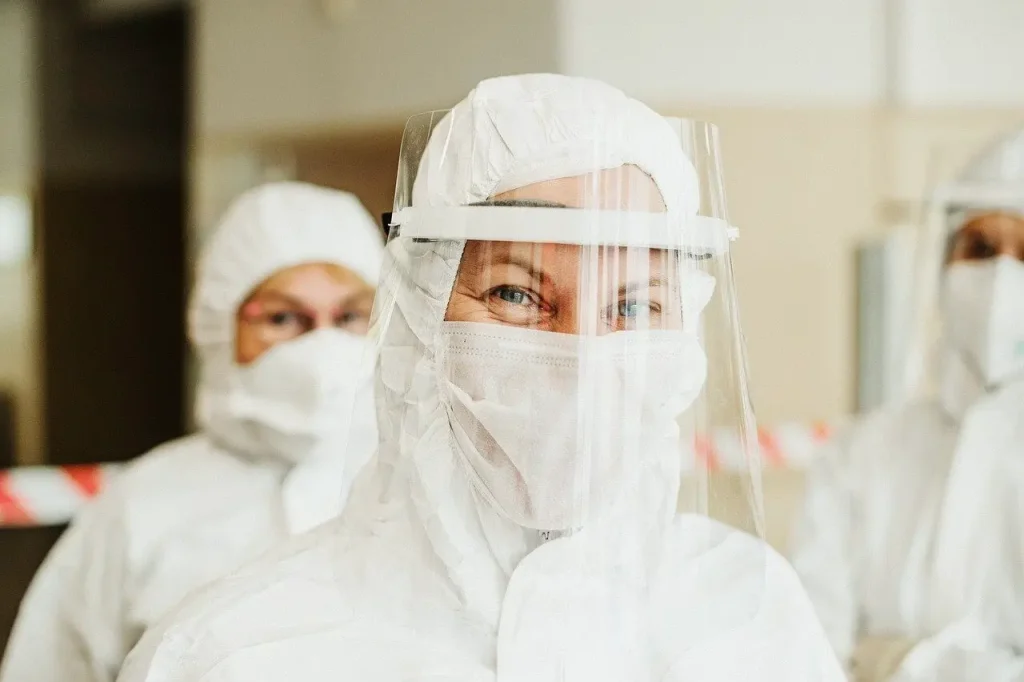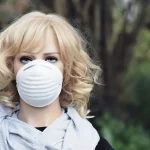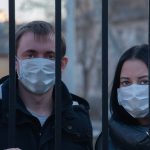The ban on indoor training does not apply to top competitions and athletes.
Certificates of vaccination with Russian, Chinese vaccines valid
Croatian border authorities will accept fast antigen tests as well as certificates about vaccination with the Russian and Chinese vaccines, and certificates proving their holders’ recovery from COVID-19 and those certificates will be considered valid for 180 days, the team’s head, Davor Božinović, said.
Border crossing has been regulated due to tourist visits, the exception being digital nomads and children.
“Considering restrictions in neighbouring countries, we do not expect a large number of arrivals,” said Božinović.
He noted that the tighter restrictions were being introduced following a proposal to that effect by county COVID-19 response teams.
Apart from nationwide restrictions, the national team also made decisions on restrictions for Šibenik-Knin and Split-Dalmatia counties.
In Split-Dalmatia County, which has seen a big increase in new infections, the mandatory wearing of face masks at outdoor venues with an increased flow of people will be introduced, as will a ban on the sale of alcohol from 8pm to 6am. The work of cafes will be restricted until 8pm, and it will be possible to serve food and drinks only in the open. Foreign language schools will switch to online classes again.
Božinović said that restrictions could be additionally tightened since the epidemiological situation was not good.
Restrictions to be tightened if number of infections continues to grow
“We have a significant increase today and we cannot ignore the possibility of the scenario in neighbouring countries happening here as well. These restrictions will be in force for a few days but should statistics be worrying, we will introduce new measures,” said Božinović.
The latest restrictions go into force on Thursday and will be in force until 15 April.
In the last 24 hours, 2,623 new coronavirus cases and 19 COVID-related deaths have been registered in Croatia, the national coronavirus response team said earlier in the day.
The number of active cases now stands at 11,306. Among them are 1,337 people receiving hospital treatment, of whom 144 are placed on ventilators.
Croatian Public Health Institute head Krunoslav Capak warned that today the number of new infections was 47% higher than last week.
Istria County has the lowest incidence, while Primorje-Gorski Kotar County has the highest. Croatia is currently 18th in the EU in terms of the number of deaths per one million inhabitants, while in terms of the 14-day incidence it is 12th.
Speaking about the start of the third phase of vaccination, Capak said that care would be taken of the order in which people had registered for vaccination at the cijepi.se online platform.
“All people older than 16 can be inoculated in the third phase, but a certain priority will be given to people in services in which they come into contact with a large number of people,” he said, adding that the third phase could start in May.
He noted that cases of infection with coronavirus after vaccination had been reported. “We have about 20 such cases. Forty-four people in aged care homes got infected after receiving the first dose and 22 got infected after the second dose, but the symptoms were mild.”
Commenting on an announcement by the Zagreb COVID-19 response team about the wearing of face masks outdoors, Capak said: “If you are outdoors and alone, there is no need to wear a mask.”
“Outdoor mask wearing refers to places where there are a lot of people, in the farmers’ market, on the waterfront,” he said, noting that the recommendation to wear a mask outdoors had been in force so far for places where physical distancing was not possible.
For more about Covid-19 in Croatia, follow TCN’s dedicated page.











